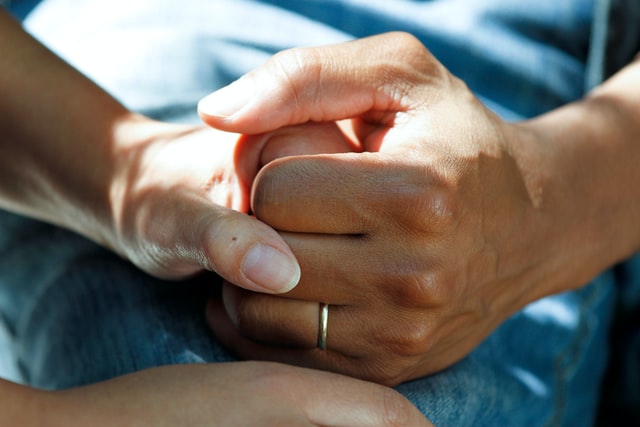UK government policies of discharging patients from hospital to care homes in England without testing for covid at the start of the Covid pandemic in 2020 have been ruled unlawful by the High Court.
The government claimed it threw a “protective ring” around vulnerable care home residents as it struggled to find hospital beds amid fears the NHS could be overwhelmed by covid cases.
The court said on April 27 the policies were “irrational” and there was no evidence Matt Hancock, health minister at the time, considered the risk to care home patients or the need to isolate discharged hospital patients.
More than a quarter of all care home deaths are believed to have involved covid before April 15 2020 when government guidance was strengthened to require testing for discharges and 14-day isolation for new care home admissions.
And between March and mid-June 2020 the deaths of nearly 20,000 care home patients were attributed to covid – 40% of all 48,213 deaths officially attributed to covid, according to the Nuffield Trust.
After the ruling both Prime Minister Boris Johnson and Hancock apologised.
“Like the prime minister at lunchtime,” Hancock said, “I reiterate the apology to all those who lost loved ones.”
Both stressed their lack of knowledge and advice around the spread of the virus, especially about asymptomatic transmission.
The court ruling pointed to “growing awareness” of the risk of asymptomatic transmission at the time and no evidence that Hancock addressed the issue of the risk to care home residents.
Dr. Cathy Gardner, one of two grieving daughters who brought the crowd-funded case to court after their fathers died from covid in care homes in April and May 2020, said Hancock’s claim of a “protective ring” was “a despicable lie of which he ought to be ashamed and for which he ought to apologise”.
Government discharge of hospital patients ruled unlawful
Hancock apologises
Nuffield Trust analysis of deaths








